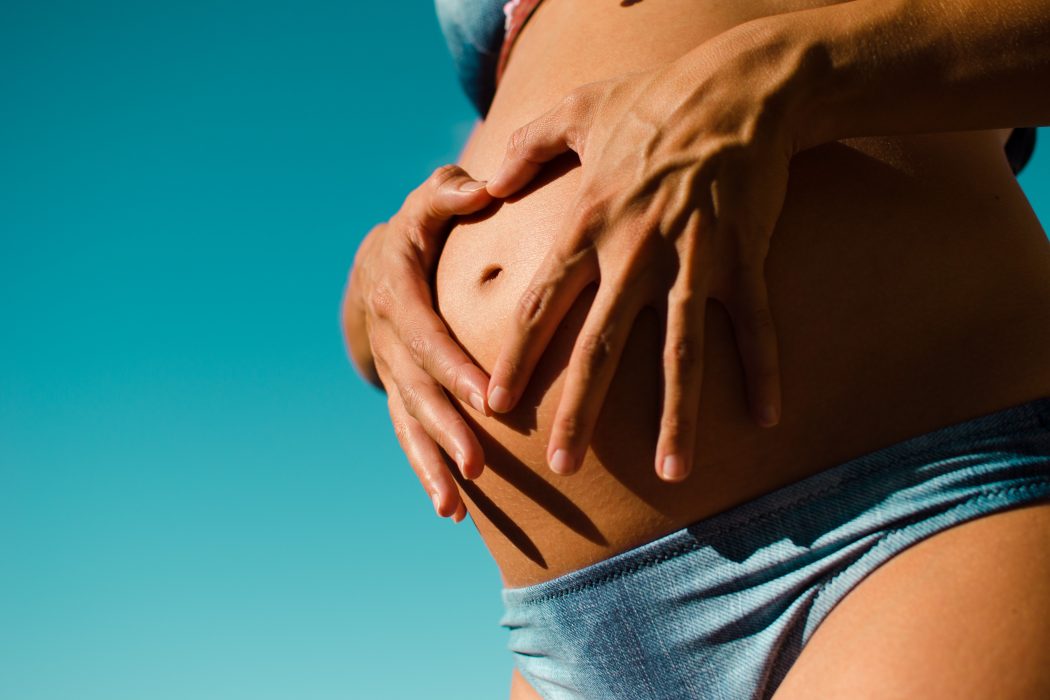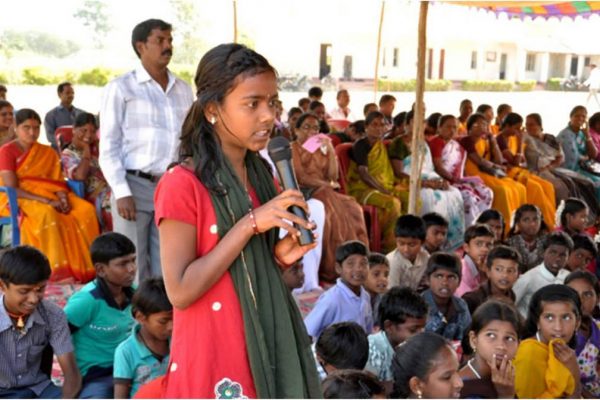The World Health Organization (WHO) asserts that global birth rates have either stagnated or decreased among teenagers since 1990. However, this does not mean that the war against teenage pregnancy has been won. 15-19 year olds still account for 11% of all births on the planet. It is important to study these statistics with a view of understanding the problem in the context of women empowerment.
Birth rates for teenagers are higher in some areas
Developing nations account for 95% of the 11% global birth rate for adolescents. On average the global birth rate is 49 for 1000 girls aged between 15 and 19 years. However, in some countries, especially those in Sub-Saharan Africa, the rate can be as high as 299 births 1,000 girls.
The underlying reasons
Most of these cases are as a result of early marriages and issues revolving around poverty. While a number of teenage pregnancies may be planned for and therefore wanted, most of them occur due to carelessness and failure to use contraceptives. Poverty also leads some young girls to prostitution or exploitation by men, which is a recipe for early pregnancies.
What about contraceptives
Availability and use of contraceptives in teen pregnancy is also an issue that needs to be addressed. Generally, there is very little sex education because guardians lack time or the topic is considered a taboo. Concerning contraceptive use and other issues in adolescent pregnancy, WHO has this to say:
They may feel too inhibited or ashamed to seek contraception services; contraceptives may be too expensive or not widely or legally available. Even when contraceptives are widely available, sexually active adolescent girls are less likely to use them than adults. Girls may be unable to refuse unwanted sex or resist coerced sex, which tends to be unprotected.
The consequences
Unfortunately, teenage pregnancy “… remains a major contributor to maternal and child mortality, and to the cycle of ill-health and poverty” according to WHO, babies born to teenage mothers are at risk of health complications such as low birth weight or even being stillborn. Moreover without the support of the new mother’s parents, the child will have a difficult time growing because the mother has no economic power. Further, such a girl rarely has education and skills that can give her employment. She ends up depending on other people or reverts to prostitution, in which case she might give birth to more children.
©EthLeen



